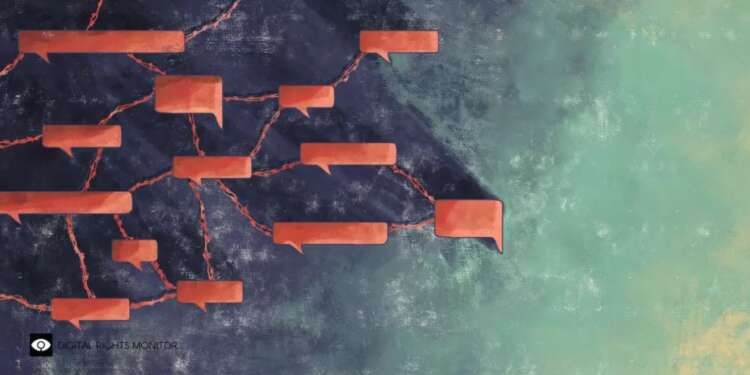Pakistan faced a dramatic internet collapse on Tuesday as connectivity dropped to just 20 percent of normal levels, Dawn News reported. Millions of users across the country lost access after Pakistan Telecommunication Company Limited (PTCL) and its mobile network Ufone went offline.
The outage disrupted other operators, including Jazz, Zong, and Telenor, since they rely on PTCL’s backbone services. NetBlocks, a global internet watchdog, confirmed the scale of the breakdown, calling it a “major disruption” with high national impact.
Officials gave conflicting reasons. The IT Ministry pointed to heavy rains in Karachi, damaged towers, and power outages that choked networks. However, sources suggested a technical fault at a submarine cable landing station in Clifton. PTCL acknowledged the issue but offered no clear explanation or timeline for restoration.
The Pakistan Telecommunication Authority (PTA) said teams were working to resolve the problem. Federal Minister for IT and Telecommunication Shaza Fatima said the load on remaining operators caused further congestion, leaving millions of Karachi’s mobile users stranded.
The collapse sparked alarm among businesses, freelancers, and hospitals that depend on uninterrupted access. The Wireless and Internet Service Providers Association of Pakistan (WISPAP) condemned the blackout as a “national failure” and warned that dependence on a few backbone providers has left Pakistan vulnerable.
The outage comes only months after Pakistan rolled out a national internet firewall. It’s a centralised system built to filter, block, and monitor online traffic. While officials described it as a cybersecurity measure and a safeguard against “harmful content,” rights groups argued it opens the door to sweeping censorship and surveillance of expression.
Pakistan has also restricted major platforms in the past. Social media site X (formerly Twitter) was blocked from February 2024, just after the general elections, until May 2025. The ban followed opposition claims of vote rigging, which had gained momentum on the platform. Access was restored in May this year.
Rights groups say internet disruptions are no longer rare accidents but a recurring reality. In 2024, Pakistan recorded the world’s highest economic losses from shutdowns, estimated at $1.62 billion. Activists also link frequent blackouts to state control of online speech, especially since the rollout of a national internet firewall this year.
The timing of the collapse, exactly three years after a similar outage in 2022, deepened public suspicion. For users, though, the consequences were immediate: loss of communication, stalled businesses, and a reminder of how fragile Pakistan’s digital backbone remains.





